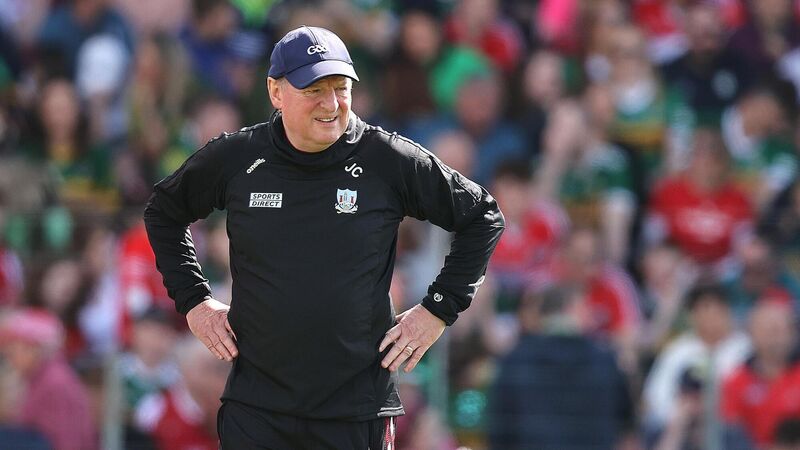Cork boss sceptical about club level policing of proposed new Gaelic football rule

Cork manager John Cleary wants to see "Good, open, quick football". Picture: ©INPHO/Bryan Keane
Irrespective of which rule enhancements are voted through at Special Congress later this year, change is absolutely necessary. The status quo cannot persist.
That is the verdict of Cork football manager John Cleary who laments the predictability and rigid structuredness that has consumed Gaelic football.
A collection of the latest sports news, reports and analysis from Cork.














